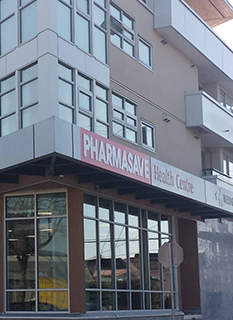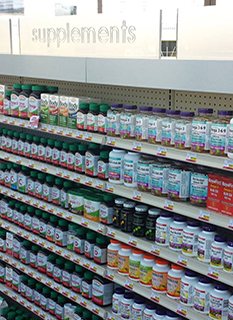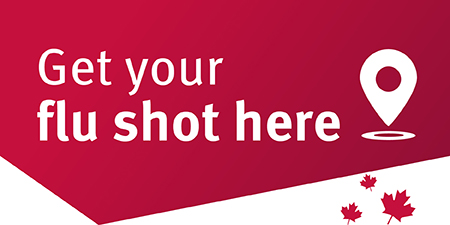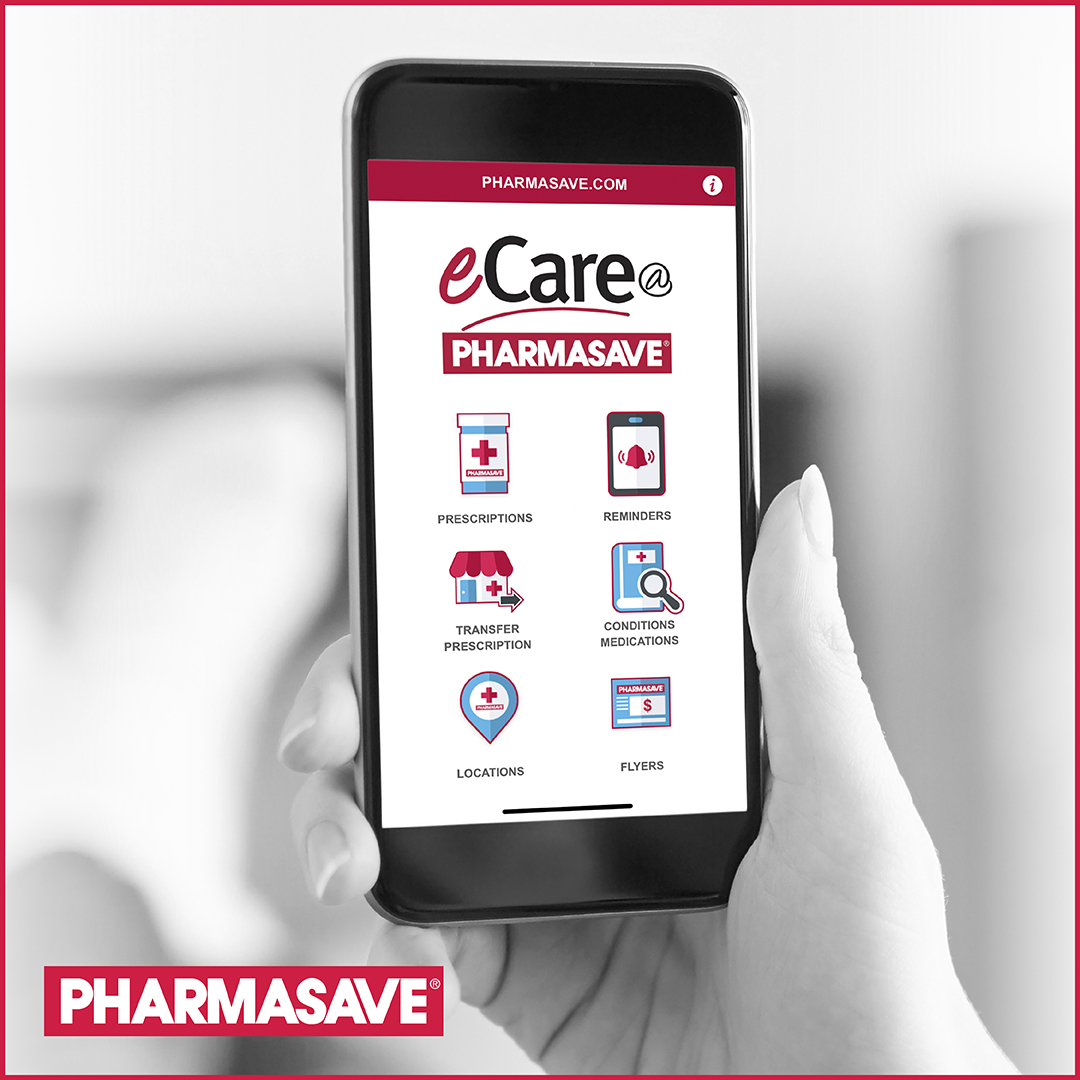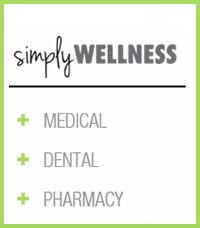Heart Health
Top 10 things you need to know about high blood pressure
High blood pressure is a common health threat to Canadians. But aside from knowing that it’s somehow a bad thing, what do most people really know about it? Here are 10 facts to know about high blood pressure.
- High blood pressure is a very common medical condition. About 1 in 5 Canadians has high blood pressure. And by the time you reach 55 to 65 years of age, you will have about a 40% chance of having high blood pressure. And even if you don’t have high blood pressure when you are 55 to 65 years of age, you will have a 90% chance of developing it in the next 20 years. Learn more about your high blood pressure risk factors.
- High blood pressure is known as the silent killer. In most cases, high blood pressure presents no symptoms, and nearly 20% of people who have high blood pressure don’t even know they have it! While you might not feel symptoms of your high blood pressure, it could be silently causing serious problems inside of your body. Learn more about why it’s important to treat high blood pressure.
- You should know your blood pressure target. For most people, the ideal blood pressure reading is 140/90. If you have diabetes, your target would be less than 130/80. Have you had your blood pressure measured?
- You shouldn’t leave high blood pressure untreated. If you do not treat or control your high blood pressure, you will be at an increased risk of stroke, heart attack, blood vessel disease, and heart failure. Your risk of heart-related diseases and death approximately doubles for every 20 mm Hg (millimetres of mercury) increase in systolic blood pressure (the top number in your blood pressure measurement) and 10 mm Hg increase in diastolic blood pressure (the bottom number in your blood pressure measurement). Learn more about treating high blood pressure.
- There are some high blood pressure risks you cannot control. High blood pressure may run in your family. If it does, you are also at higher risk yourself. Know your family medical history so you can have your blood pressure checked regularly.
- But there are some high blood pressure risks you can control! You can reduce your high blood pressure risk by taking steps to improve your lifestyle habits. Eat a healthy diet that is low in sodium. Get regular exercise. Limit your intake of alcohol and caffeine. Lose weight if you are overweight. And if you smoke, quit.
- Salt is small, but it carries big blood pressure risks. Experts estimate that about 30% of all high blood pressure is caused by consuming too much salt! Something as simple as reducing your salt intake can help to reduce your blood pressure. Get simple tips for reducing salt in your diet.
- Your medicine cabinet could be putting you in danger of high blood pressure. Did you know that some common over-the-counter medications can increase your blood pressure? Some of the ones to watch for are pain medications like ibuprofen and naproxen and cold medications that contain pseudoephedrine. If you already have high blood pressure, talk to your doctor or pharmacist before using any over-the-counter medications.
- You may need to take more than one blood pressure medication.Researchers have found that using lower doses of more than one medication can help to control blood pressure better and cause fewer side effects than taking higher doses of one medication. This does not necessarily mean that you will have to take a handful of different pills, since some combination high blood pressure medications are available. Find out more about high blood pressure medications.
- Whether your blood pressure medication works may depend on you. That is because in order for your medication to work properly, you must take it regularly. This can be tricky, especially since high blood pressure often causes no symptoms. You may feel fine and simply forget to take your medication. If you find it difficult to remember to take your medication or if you do not want to take it – for example, if you experience side effects – speak to your doctor or Pharmasave pharmacist.
Ask Your Pharmasave Pharmacist
Q: How much should I exercise to keep my heart healthy?
A: An active lifestyle with regular exercise will keep your heart healthy. Aim for 30 minutes of moderate-intensity exercise such as brisk walking, gardening and dancing 5 days a week. Add some muscle-strengthening activities at least 2 days a week for additional health benefits. If you’re just getting started, you can slowly build up to that, gradually making your workouts longer or more challenging.
Do you have questions? Ask your Live Well Pharmacist at Pharmasave.
Health Tip
Regular physical exercise is an important part of managing your weight. Exercise also improves overall health and can help reduce the risk of diseases such as certain cancers, heart disease and osteoporosis. It doesn’t mean you have to join a gym though – it can be as simple as taking the stairs instead of the elevator or walking or cycling to work.
All material © 1996-2013 MediResource Inc. Terms and conditions of use. The contents herein are for informational purposes only. Always seek the advice of your physician or other qualified health provider with any questions you may have regarding a medical condition.

